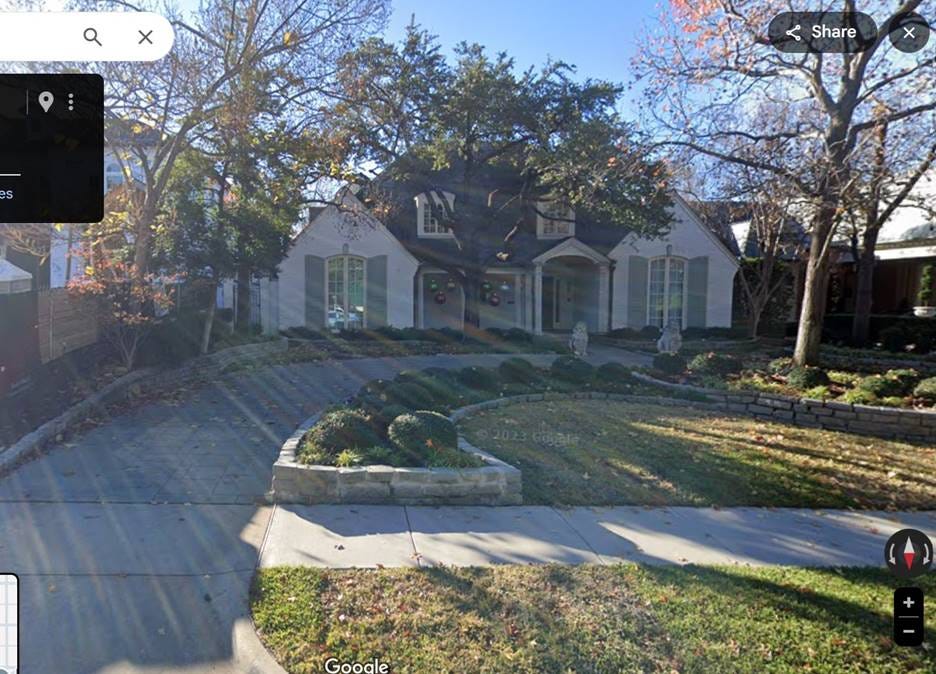"VII. A Swan
My robe is noiseless when I roam the earth,
Or stay in my home, or stir up the water.
At times I am lifted o’er the lodgings of men
By the aid of my trappings and the air above.
The strength of the clouds then carries me far,
Bears me on its bosom. My beautiful ornament,
My raiment rustles and raises a song,
Sings without tiring. I touch not the earth
But wander a stranger over stream and wood."
--tr Cosette Faust (and Stith Thompson), from Old English Poems Translated into the Original Meter, Together with Short Selections from Old English Prose (1918)
For many years I supported myself by working at used bookstores, and indulged my passion for obscurities and forgotten authors as I filled my bookshelves madly. One store when I started there, had a cardfile of books and authors their customers were on the lookout for. I spend a happy few weeks locating as many of them as I could (occasionally a customer had died before realizing their quest—that was always an awkward phone call), having familiarized myself with the stock (no one else bothered); of course it was the tough ones that stuck in my mind most. One of these was a local press, Dallas’s Kaleidograph. These, fancy thin tomes of invariably execrable verse from fifty years prior (covers decorated with handmade paper, which I loved), would turn up perhaps once every few years, and I was pleased to know there was at least one person left to whom these waifs still mattered.
All through the 70s and 80s I was a loyal reader of the local press, which never had been great and got steadily lamer; nevertheless, good people wrote for them (on the way to somewhere fancier), and occasionally I would stumble on a memorable story. In 1977 D Magazine ran a weird sad story, “The Prisoner of Highland Park,” concerning a rich recluse who had build a sort of highrise land-ship on her property, and the endless stream of neighboring kids who made a custom of harassing her (Galland, Murphy). I would not have remembered her name a score of years later, if it hadn’t been a literary topos I once, too, had dreamed of attempting: Cosette Faust Newton.
The poetry book that was Dark Interval (1941) probably found its way to us before her wildly overwritten travelogue, Rainbow-Hued Trail Around the World (Faust-Newton). This one, I didn’t price at a pittance. It was downright bizarro. And thus I recognized “Faust” in the author’s name.
That was it for a couple of dozen more years, years that included me trying to write poetry in every known meter (not stopping at English, I investigated Latin, Welsh, and Old Norse prosody, besides Shaped Poetry and Isopsephia). I wrote a handful of poems in the mid-80s in Alliterative meters, but at that time the poetry world was divided into two mutually-hostile camps, Free Verse and New Formalist, and no borderland was less crossable than the space between them. I found myself being told, more than once, that this “wasn’t even poetry”. (What was it, then?) By the end of the 80s I was writing poems in constructed languages.
head ransom
Not by gnarly wire-light
now do i wax owlish–
‘neath pewter so plaintive,
my paper-blank tapers;
and when all my ink’s out
even the dank sweve that
spurred it, soothes: another
unresolved day, jobless.
Once the Internet came along, all my odd interests returned to me with a vengeance. I even found a website for Alliterative Verse (Deane). I probably did google “Cosette Faust Newton” at some point. There was just so much to find out, in those early days.
Things happened, as they will. I got married and moved to a suburb in the well-off part of town. Somewhere around the Fall of 2023, Forgotten Grounds Regained, unchanged for some time, started adding new material, and started an online mailing list, which I was pleased to join. I started writing Alliterative Verse again. And, searching for an online copy of Sweet’s Reader, I ran into Cosette Faust Newton again.
Since one of her six (or twelve was it?) college degrees was in Philology, I suppose it shouldn’t come as that much of a shock that she started her publishing career with a book of Old English translations. Elsewhere it’s been established that others (besides Pound, who published his in 1911) were already starting to explore this possibility. In her introduction:
“Although the contents of these poems can be satisfactorily studied in any translation, the effect of the peculiar meter that reinforces the stirring spirit of Old English poetry is lost unless an attempt is made to reproduce this metrical form in the modern English rendering. The possibility of retaining the original meter in an adequate translation was formerly the subject of much debate, but since Professor Gummere’s excellent version of Beowulf and the minor epic poems,[1] and other recent successful translations of poems in the Old English meter, there can be no question of the possibility of putting Anglo-Saxon poems into readable English verse that reproduces in large measure the effect of the original. To do this for the principal Old English poems, with the exception of Beowulf, is the purpose of the present volume.” [Note 1. The Oldest English Epic, New York, 1909.]
It's on Project Gutenberg, as well as Archive.org (Faust and Thompson).
The location of the house today (Google Street View).
“The roofs are in ruins, rotted away the towers,
The fortress-gate fallen, with frost on the mortar.
Broken are the battlements, low bowed and decaying,
Eaten under by age. The earth holds fast…”
(“The Ruin,” Faust and Thompson).
“These shades of the ancestral metre swarm up multitudinous from the depths, eloquent
with the elixir of honey and blood.” --Rahul Gupta (Gupta)




